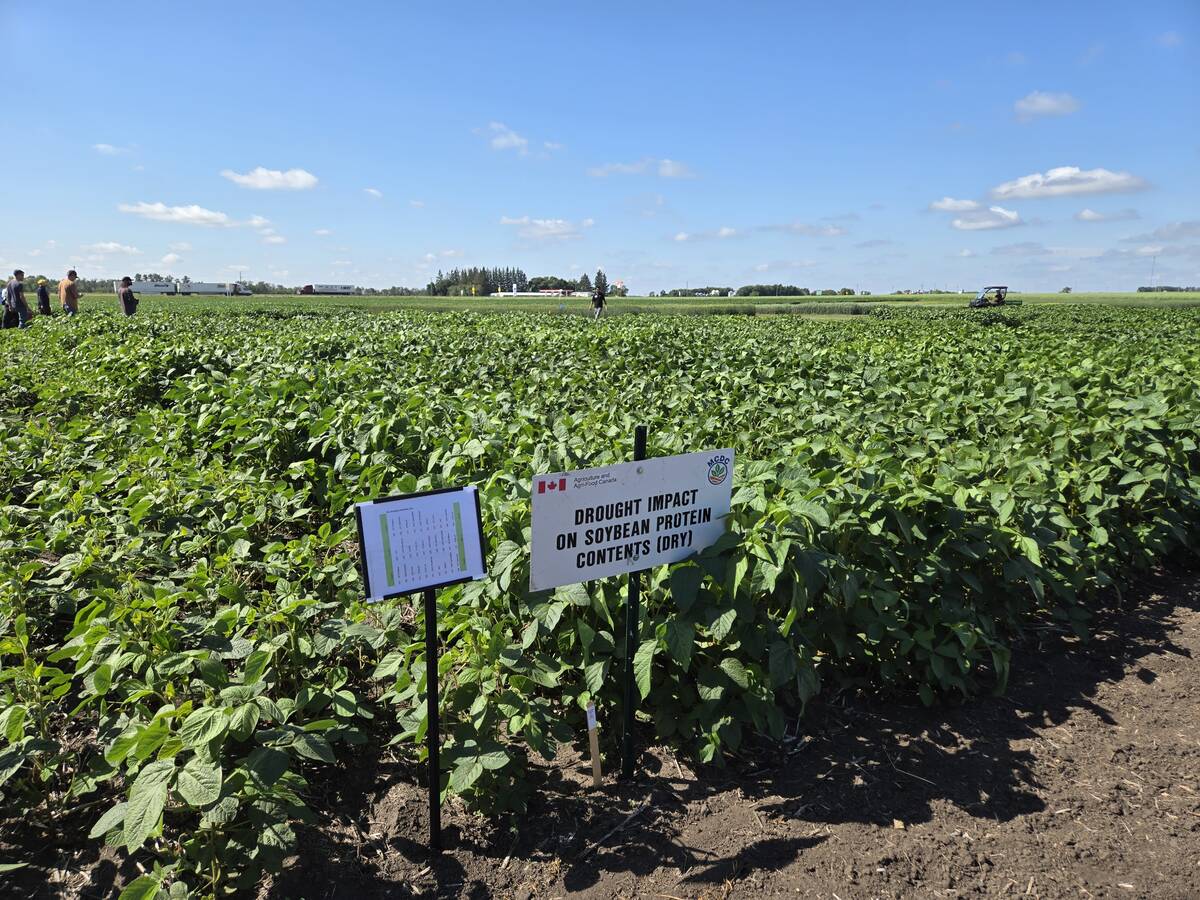Religious groups are wading into the genetically modified crop debate, using moral and monetary might to pressure governments and corporations to take a more cautious and transparent approach with the technology.
Last week Christian Brothers Investment Services Inc., a U.S. Catholic investment firm, filed a shareholder resolution requesting that DuPont improve its post-market monitoring of GM crops.
Similar resolutions have been tabled with Monsanto and Dow AgroSciences by shareholders with the U.S. Interfaith Center on Corporate Responsibility, an association of 275 faith-based institutional investors.
Read Also

Carberry field day looks for agriculture solutions
Manitoba farmers explored research solutions for resilient crops, perpetual agronomic issues and new kinds of agricultural products at a field day at the Manitoba Crop Diversification Centre in Carberry on Aug. 6.
Religious organizations are also active on the issue north of the border, where the United Church of Canada recently called on the federal government to declare a moratorium on the approval of new GM crop varieties.
John Wilson, director of socially responsible investing at Christian Brothers Investment Services, said his firm promotes the teachings of the Catholic Church through ethical investing.
While GM crops may not be the focus of Sunday services, the issue ties in with two broader objectives of the church.
“There’s a strong focus in the church on environmental stewardship and also on human health,” said Wilson.
CBIS has concerns on both of those fronts. It worries about the contamination of traditional seed supplies and the possibility of GM crops leading to health issues like allergies.
Margaret Weber, co-chair of the Interfaith Center on Corporate Responsibility’s water and food working group, hinted at another reason religious groups have glommed onto the issue.
“In contrast to some assertions that genetically engineered crops are simply the next generation of crop breeding, this process is actually a severe interruption of the natural process of breeding,” she said during a recent news conference.
That stance is shared by the United Church, which in its policy position on GM food states, “we must ensure that advances in biotechnology respect the integrity of creation.” The policy says that biotechnology alters “the very code of life.”
How much impact are religious groups having on the GM crop debate?
Wilson acknowledged resolutions like the one CBIS recently proposed will likely have little short-term impact on DuPont, whose board has already issued a letter advising the company’s other shareholders to reject the proposal.
“There has only been a very small number of cases in history where social resolutions have been supported by management,” he said.
Considering the group only controls 65,456 of DuPont’s 919,968,923 shares, it doesn’t have the clout that a large pension plan would have. But CBIS is able to generate shareholder debate and garner media attention.
“The resolution is intended to spur on a productive dialogue and it is ultimately in that dialogue that we have our influence,” said Wilson.
It is a far more benign approach to the biotechnology issue than many environmental groups bring to the table.
“We really don’t work with Greenpeace because they take a very activist approach and as shareholders we don’t want to do anything that will hurt the value of the company,” said Wilson.















